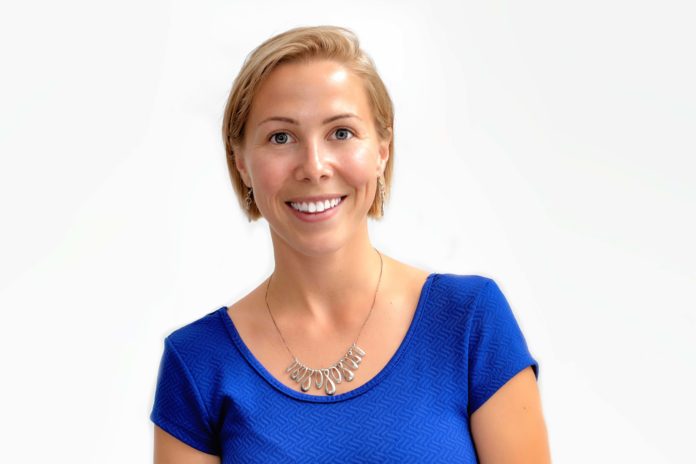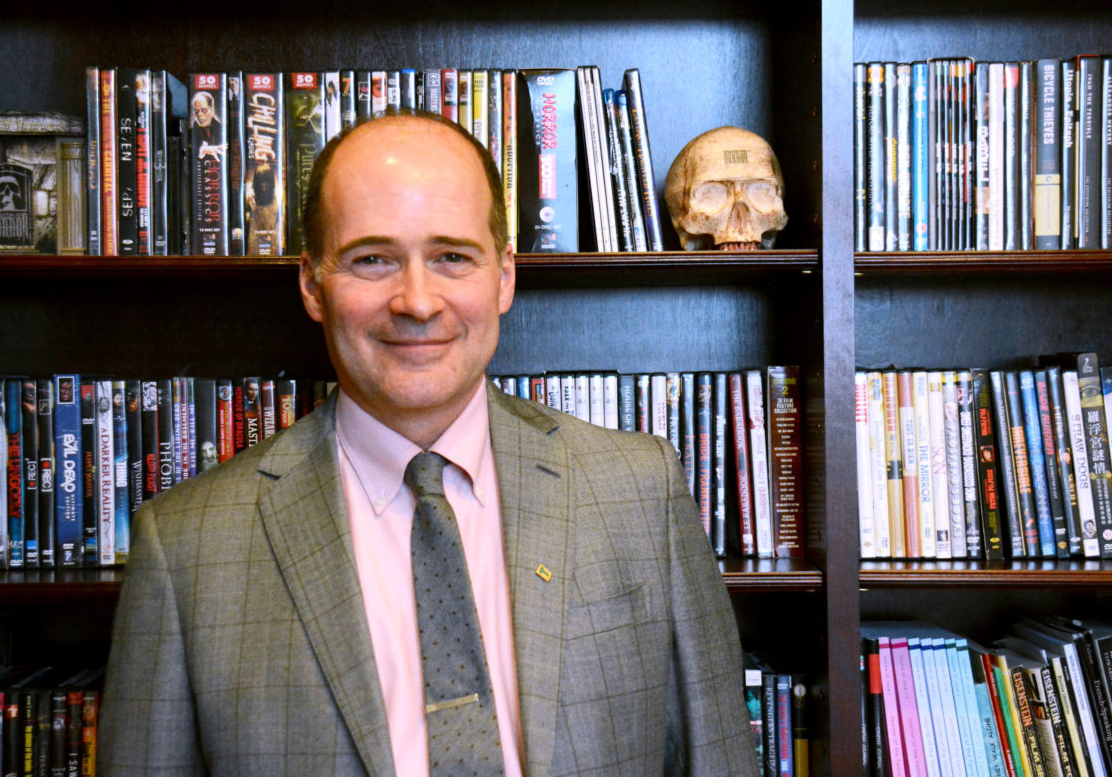

Katherine Thorsteinson, assistant professor of media literacy at St. Thomas University, will start teaching a new course in January. The new digital literacy course will be offered as a credit under the English department.
The course will teach students the digital tools they need to understand the political, ethical and controversial issues related to online platforms. It will also teach the history, function and effects of certain technologies, as well as debate controversial topics such as policies around user data, online privacy and surveillance.
“Digital literacy has been an important skill-set for success in the job market [for] a long time now, but it is also becoming increasingly important for sustaining the basic components and contours of life,” wrote Thorsteinson in an email.
Thorsteinson said technology has become a part of everyone’s day-to-day life since the start of the pandemic.
To her, many people have blurred the lines between what’s online and real-life, redefining concepts like identity, humanity and consciousness.
“Many scholars have also pointed out how social media sites like Facebook, Twitter, Instagram and TikTok are reformulating identity and relationality,” wrote Thorsteinson. “We all know the joke that we’re not real friends until we’re Facebook friends, many of us, tragically, measure our social worth by likes or followers.”

André Loiselle, STU’s dean of humanities, said now more than ever students require a course that teaches them how to take part in social media from the perspective of liberal arts.
“Now Facebook has changed its name to Meta to create this metaverse,” he said. “What are the implications for society? There might be good things, they might be bad things. So I’m sure that [Thorsteinson] will want the students to engage with this notion of a metaverse.”
Thorsteinson said the course will take a hands-on approach to creating accounts, reflecting on public image and navigating policies around user data, cookies and privacy.
According to Thorsteinson, this course will not include many heavy, theoretical readings, but rather critical analysis of sources and publications such as Vox, Wired, The New Yorker and HuffPost. It will also explore some theories from Wendy Brown, Marshall McLuhan, Cael Keegan, Kim Gallon and more.
Students from all years can enroll in this course and it will not require a textbook, as it serves as an introduction to other courses in the English department about digital humanities.
“The idea was that it would be useful to have a course that ensures that first-year students are all brought to the same level,” said Loiselle. “Through a lot of exchange and back and forth, we started developing a basic outline of what the course could look like.”
Thorsteinson encourages students to enroll if they are interested in discussing the ethics of the digital world.
“Throughout the course, we will collaborate in our discussions and assignments to formulate answers to these questions or to rearticulate the paradoxes we encounter,” wrote Thorsteinson.
